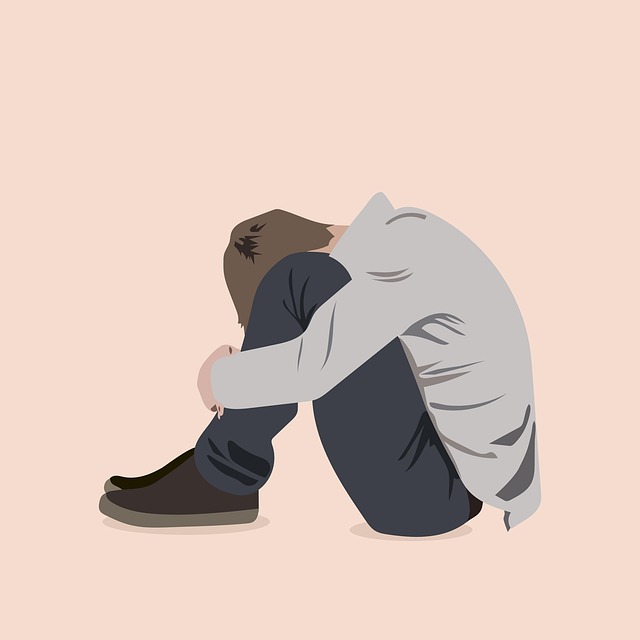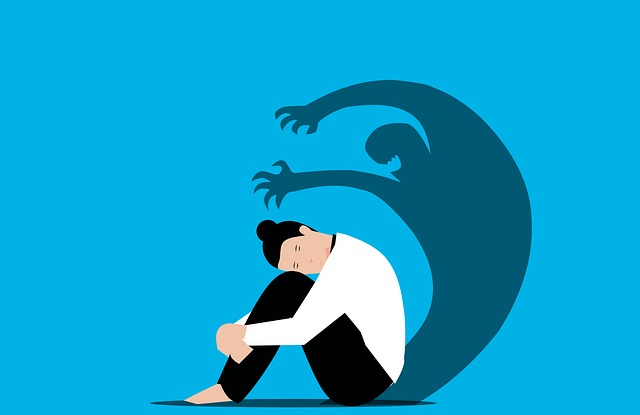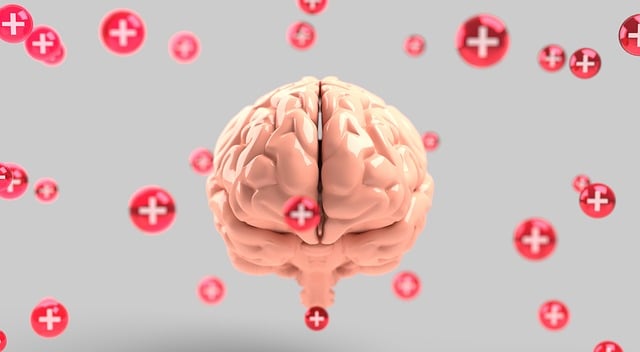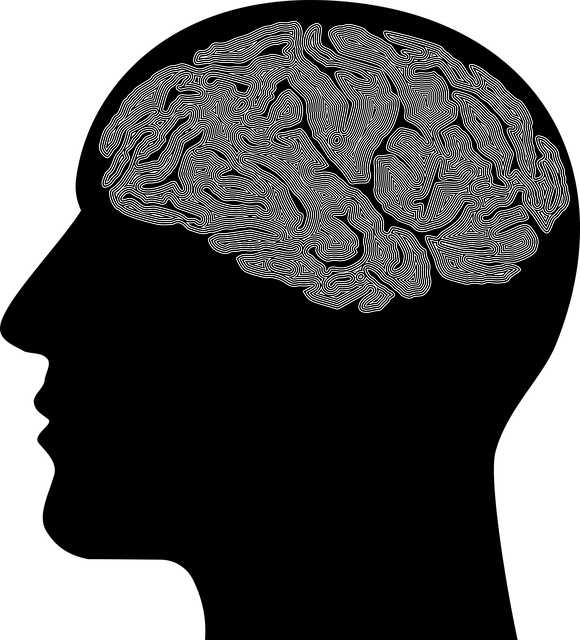Wheat Ridge Anxiety Therapy offers interactive workshops focused on Mental Health Awareness to combat stress-related issues like anxiety, depression, and burnout. Through engaging content, mindfulness techniques, and skill-building activities, participants gain tools to identify triggers, develop coping mechanisms, build resilience, and improve overall well-being. Post-workshop support includes individual guidance from therapists and access to a resource library promoting continued learning and engagement with stress management strategies.
Stress management workshops are powerful tools for individuals seeking to navigate the challenges of modern life. At Wheat Ridge Anxiety Therapy, we specialize in designing and facilitating transformative experiences that empower people to understand and mitigate stress. This article guides you through essential aspects, from recognizing stress impacts to creating interactive sessions and post-workshop strategies, offering practical insights for organizing workshops that promote resilience and well-being.
- Understanding Stress and Its Impact
- Designing Effective Workshops for Stress Management
- Facilitating Interactive Sessions
- Post-Workshop Follow-Up Strategies
Understanding Stress and Its Impact

Stress is a universal experience, but understanding its nature and impact is crucial for effective management. It’s often a response to challenging or threatening situations, both internal and external, affecting our mental and physical well-being. At Wheat Ridge Anxiety Therapy, we recognize that chronic stress can lead to serious health issues, including anxiety, depression, and even burnout. Recognizing the signs of stress is the first step towards recovery. This includes recognizing when our self-esteem takes a hit and we feel overwhelmed or unable to cope with everyday demands.
By fostering Mental Health Awareness, our workshops aim to equip individuals with tools to identify triggers, develop coping mechanisms, and ultimately prevent burnout. We believe that proactive stress management is not just about surviving demanding situations but about thriving despite them.
Designing Effective Workshops for Stress Management

When designing stress management workshops, it’s essential to create an engaging and interactive environment that facilitates learning and empowers participants to take charge of their mental well-being. At Wheat Ridge Anxiety Therapy, we understand that addressing stress effectively requires a multi-faceted approach. Thus, our workshops blend educational content with practical exercises, mindfulness techniques, and skill-building activities tailored to the needs of each participant. By incorporating various modalities, such as group discussions, guided meditations, and interactive games, we foster an atmosphere where individuals can explore their emotional responses and develop personalized strategies for mood management.
Mental health awareness is paramount in today’s fast-paced world, and self-care routine development is a cornerstone of our workshop curriculum. We teach participants how to recognize the signs of stress and offer tools to cultivate resilience and promote mental health. Through hands-on exercises and collaborative learning, individuals leave the workshops with actionable steps they can implement in their daily lives, ultimately enhancing their overall well-being and equipping them to navigate life’s challenges more effectively.
Facilitating Interactive Sessions

At our Wheat Ridge Anxiety Therapy workshops, we prioritize facilitating interactive sessions that actively engage participants. These sessions are designed to create a safe and supportive environment where individuals can openly discuss their experiences and learn from one another. Through dynamic activities and group discussions, we explore effective stress management techniques tailored to diverse needs. Participants gain valuable insights into burnout prevention, empathy building strategies, and risk assessment for mental health professionals, empowering them to handle stress in both personal and professional contexts.
Our interactive approach goes beyond passive listening; it encourages active participation, fostering a collaborative atmosphere that strengthens the learning experience. By integrating these techniques into our workshops, we aim to equip individuals with practical tools to navigate stress, enhance resilience, and ultimately improve overall well-being.
Post-Workshop Follow-Up Strategies

After conducting stress management workshops, following up with participants is crucial to ensure they continue their journey towards mental wellness. This post-workshop phase plays a significant role in solidifying learned techniques and fostering long-term benefits. One effective strategy is offering individual check-ins where therapists from Wheat Ridge Anxiety Therapy can provide ongoing support and guidance. During these sessions, participants can discuss their progress, challenges, and successes, allowing for personalized advice and encouragement.
Additionally, creating a resource library accessible to all workshop alumni can be valuable. This digital or physical collection may include helpful articles, guided meditations, and tips for maintaining a self-care routine developed for better mental health. The library can also feature a curated list of local and online mental wellness resources, such as the Mental Wellness Podcast Series Production, encouraging continued engagement with tools and communities that promote empathy building strategies.
Stress management workshops, designed by professionals like those at Wheat Ridge Anxiety Therapy, are powerful tools for individuals seeking to navigate life’s challenges with resilience. By combining education on stress understanding, interactive techniques, and post-workshop support, these sessions empower participants to adopt healthier coping mechanisms. Through tailored strategies, individuals can enhance their well-being and lead more balanced lives, ultimately reducing the impact of stress on both mental and physical health.











